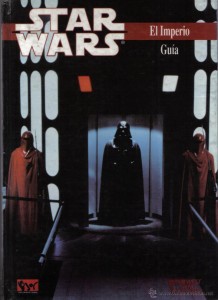
Since the first announcement of the Expanded Universe reboot, it was said that what now is known as Star Wars Legends was still going to be used, not as gospel but as an inspiration and source for the new canon. And there’s perhaps no better place to see that The Powers That Be were not kidding than in the romance that the Star Wars Rebels cartoon has with the old roleplaying game published by West End Games, a game that introduced such classic concepts as Imperial Inquisitors, the Imperial Security Bureau or Interdictor cruisers, concepts that have lately graced our TVs. But why the WEG game? What makes such a venerable source so suitable to become part of the backbone of the new continuity?
West End Games published the very first Star Wars roleplaying game. The first edition of their game was released in 1987, and soon became the most authoritative source of reference material on anything related to the Galaxy Far Far Away. Initially having nothing to base their sourcebooks on but the original trilogy, the novelizations and radio dramas, and Brian Daley’s Han Solo novels, the developers of the roleplaying game took on the task of expanding this universe and not only dissected and classified the existing sources, but also put together a pretty thorough description of almost every corner of the Star Wars universe. In the times before Essential Guides and Visual Dictionaries, WEG published dozens of roleplaying manuals covering topics as vast as the Galactic Empire itself or as narrow as the legal situation of scouts in the New Republic era, describing almost every single nook and cranny of the galaxy with a level of detail that probably has never been reached again. Read More
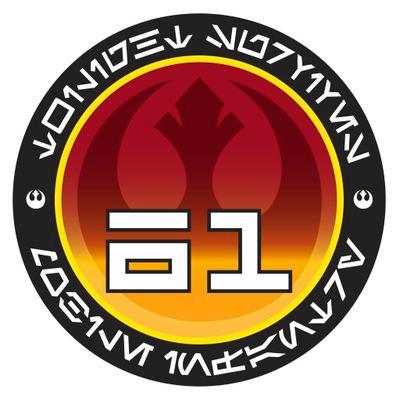 Star Wars Battlefront: Twilight Company is not your typical videogame tie-in. Even though it borrows part of its title from a soon to be released FPS game (that promises to be quite spectacular), Twilight Company works on its own without the need of the Battlefront crutch. The novel is pure military sci-fi. It’s less glamorous than the Rogue Squadron novels and more gritty than the Republic Commando series. Our main characters are not starfighter pilots or special forces commandos: they are the infantry, the people fighting the Galactic Civil War in the frontlines. Most importantly, Twilight Company gives us a hard look at what being a soldier in the Rebel Alliance during a period of open conflict is like and boy, is it engaging.
Star Wars Battlefront: Twilight Company is not your typical videogame tie-in. Even though it borrows part of its title from a soon to be released FPS game (that promises to be quite spectacular), Twilight Company works on its own without the need of the Battlefront crutch. The novel is pure military sci-fi. It’s less glamorous than the Rogue Squadron novels and more gritty than the Republic Commando series. Our main characters are not starfighter pilots or special forces commandos: they are the infantry, the people fighting the Galactic Civil War in the frontlines. Most importantly, Twilight Company gives us a hard look at what being a soldier in the Rebel Alliance during a period of open conflict is like and boy, is it engaging.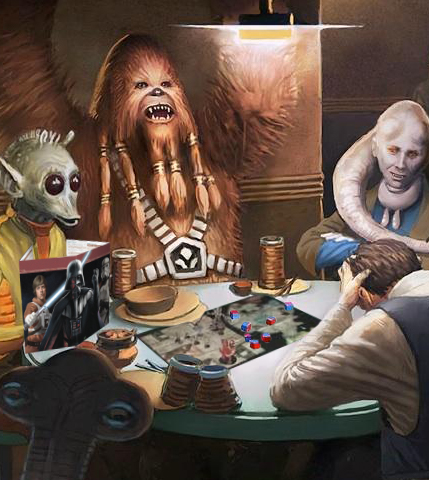
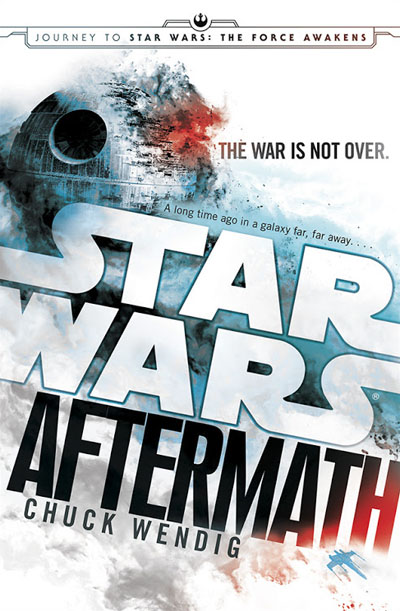 When I first pitched this article I was just one-third through Chuck Wendig’s Aftermath, the first book in a trilogy that’s supposed to show us what happened to the Star Wars galaxy right after Return of the Jedi (and that apparently doesn’t involve soul-stealing velociraptors, for some strange reason). At that point I wasn’t enjoying what I was reading; it’s not that I was offended or that I thought I was reading a baby-cooking recipe book written on Satan’s scrotum with Gandhi’s blood, but I was wondering exactly where we were going. The terrible editing had started annoying me (you simply can’t have a character change races, from Rodian to Abednedo and back, and expect no one to call you on it). I wasn’t feeling the main characters, either, and I was starting to suspect the story was going to go nowhere and that the whole thing was going to end up being just another inconsequential side trip.
When I first pitched this article I was just one-third through Chuck Wendig’s Aftermath, the first book in a trilogy that’s supposed to show us what happened to the Star Wars galaxy right after Return of the Jedi (and that apparently doesn’t involve soul-stealing velociraptors, for some strange reason). At that point I wasn’t enjoying what I was reading; it’s not that I was offended or that I thought I was reading a baby-cooking recipe book written on Satan’s scrotum with Gandhi’s blood, but I was wondering exactly where we were going. The terrible editing had started annoying me (you simply can’t have a character change races, from Rodian to Abednedo and back, and expect no one to call you on it). I wasn’t feeling the main characters, either, and I was starting to suspect the story was going to go nowhere and that the whole thing was going to end up being just another inconsequential side trip.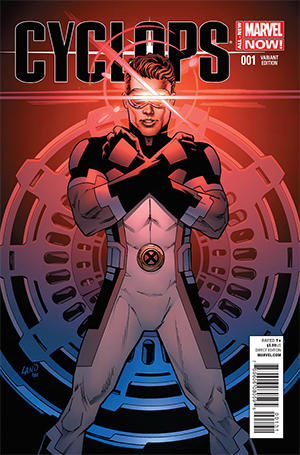 We are going to continue our look at representative comics penned by future writers of the Marvel Star Wars comics, trying to examine what makes them a bad or good choice to write Star Wars for the benefit of any readers that may be Star Wars fans but not comic book fans. In the past we’ve looked at
We are going to continue our look at representative comics penned by future writers of the Marvel Star Wars comics, trying to examine what makes them a bad or good choice to write Star Wars for the benefit of any readers that may be Star Wars fans but not comic book fans. In the past we’ve looked at 